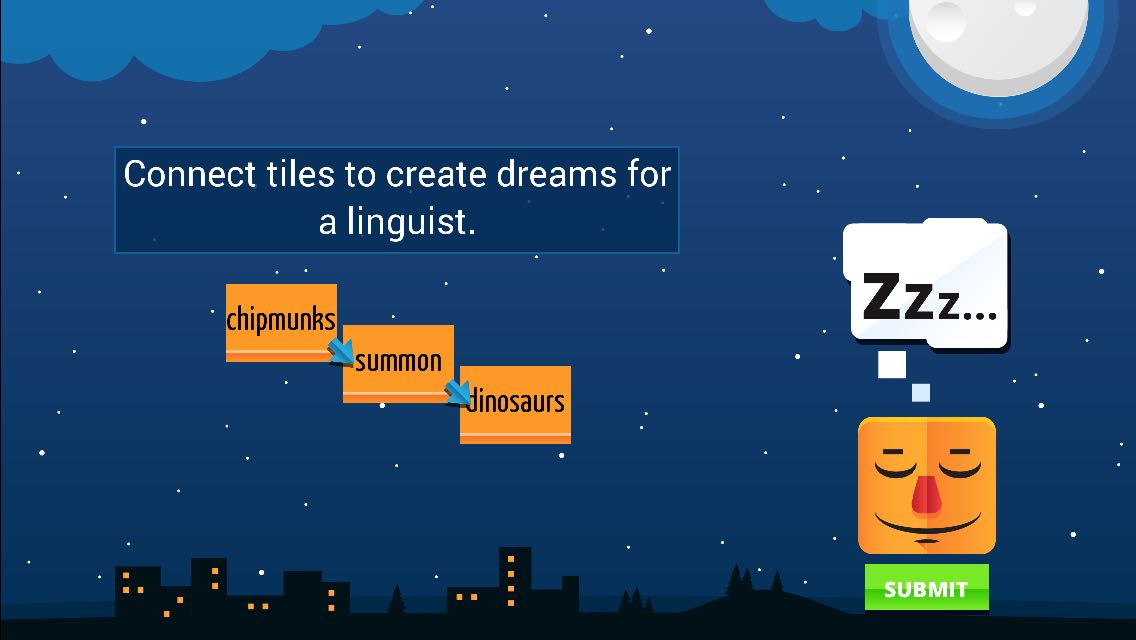Orion Jones
Managing Editor
Get smarter, faster, for success in the knowledge economy. Like us on https://t.co/6ZFWKpoKLi or visit https://t.co/d7r7dG2XOq
Using long-range iris-scanning technology, your identity can be determined from across the room with extremely high accuracy — as high as someone taking your fingerprints.
The rate at which younger generations are eschewing organized religion is increasing, even from within the millennial generation, according to polls taken by the Pew Research Center.
Congress debated cutting $260 million from Amtrak’s budget as emergency crews searched through the rubble of a train accident that killed six passengers the night before.
Ronald Dekker, a labour economist at Tilburg University, says part-time positions enjoy “first-tier” status.
The taxonomy team at Amazon is dropping “Boy” and “Girl” as categories for organizing its toys, as friends of those working at the online goods distributor recently announced on Twitter.
Philip Zimbardo, who became a household name after conducting the Stanford prison experiments, argues that our online culture is disproportionately harming boys.
The high-paid consultants who change companies over to “Holacracy” explain from the outset that it takes an average of five years to make the transition.
To have a Dad Bod, unless it’s truly born of heavy drinking and pizza slices, is to live a busy life in which preoccupation with one’s body image is low on the list of priorities.
An autonomous 18-wheeler has been given a license to drive the long stretches of open road that crisscross Nevada.
If you wondered why Missy Elliot performed at this year’s Super Bowl halftime show, it may be because the NFL knew something about the musical tastes of its fan base, average age 44.
A new smartphone app gives a clever nod to Noam Chomsky while giving players just enough inspiration to create some pretty funny sentences.
Today is our National Day of Prayer, emphasis on “our” and “National,” meaning freedom is the prevailing principle through which to approach our discussions (and Internet comments).
Why does our belief in the ability of drugs to enhance the achievements of artists stop with artists? Isn’t reaching new physical heights just as inspiring as a lyric that tells us some truth creatively?
Older people, 65 and older, are the most likely to reap the benefits of smartphone technology.
When confronting a challenge, people with an optimistic outlook persist at trying to overcome that challenge about 20 percent longer than those with less optimism.
Emotional intelligence is a double-edged sword: It helps us avoid common misunderstandings that result in hurt feelings, but in the wrong hands, it can become a tool of manipulation.
A scathing critique of antidepressant medication, just written by a psychiatrist in Wales, UK, is making waves across Britain and you can expect ripples to reach the U.S. in the coming days.
If Scrooge gave away just a few pennies, he would suffer a big loss of well-being; for Mother Teresa to suffer a comparable loss she would have to give until she were nearly penniless.
Neuroscientists, ethicists, and general medical practitioners generally have a negative opinion of a future in which we’re all popping pills to gain an edge at work.
We like to think we perceive the world just as everyone else does. That’s what makes communication possible, and without a baseline reality, how would science proceed?
The value locked away inside asteroids is enough to raise the world economic ceiling to unbelievable heights.
There is an interdependent relationship among making money, having sex, and being physically healthy, according to new research published in the International Journal of Manpower.
There is no direct evidence about what proceeds human consciousness, but there are stories from people who have been pronounced clinically dead.
By equipping chefs with sensor-fitted gloves, robots can easily learn the specific ways they prepare meals, opening the door to professionally prepared home meals.
Dr. Christian Jarrett points out that neuroscience is helping us understand how negative feedback is essential to helping others improve.
Scientists have discovered a new protein that appears to supercharge the body’s own immune system, allowing it to compete against cancerous cells in ways that were previously impossible.
Having greater intelligence can actually make you a more foolish person because intelligence breeds hubris, according to sociologists who study how intelligent people make life decisions.
The intensity of sports rivalry is justified if it helps us develop morally praiseworthy attitudes that transfer from the sporting arena into real life.
Challenging our assumptions is difficult. And when it comes to redistributing income, all sides tend to come to the table with pretty ingrained notions of what is fair or what is good.
We are living through another gilded age, but unlike the late 19th century, extremely high income inequality has failed to stoke popular fervor.





























